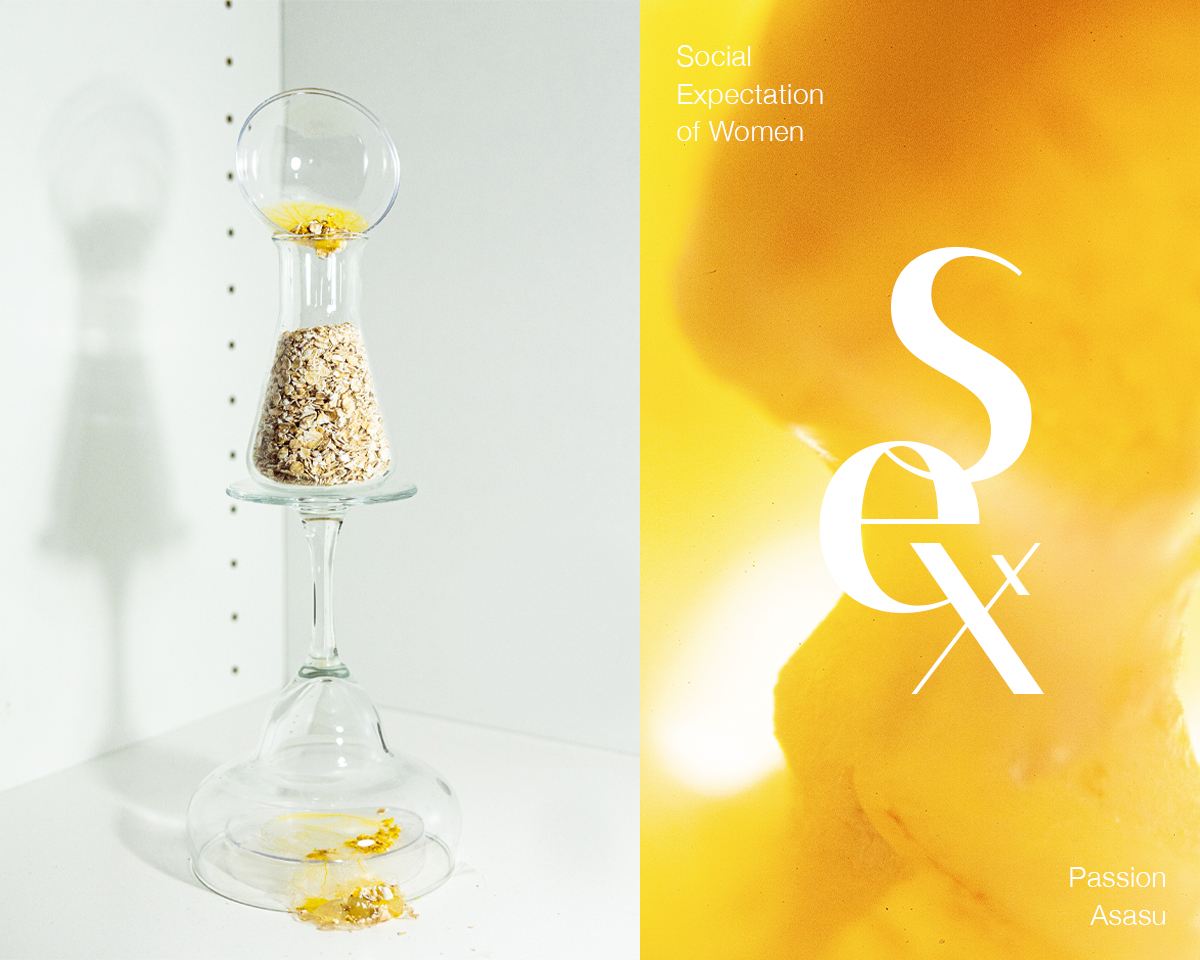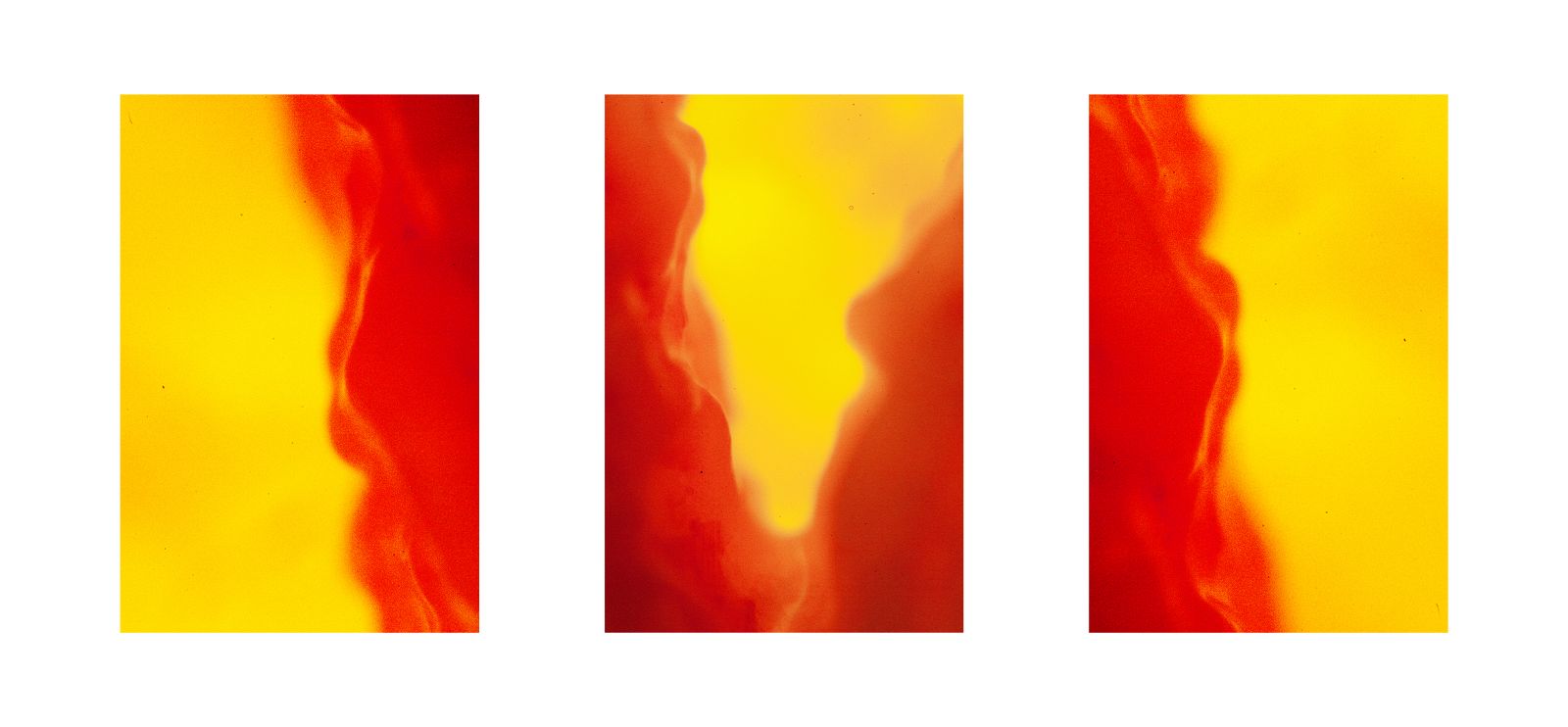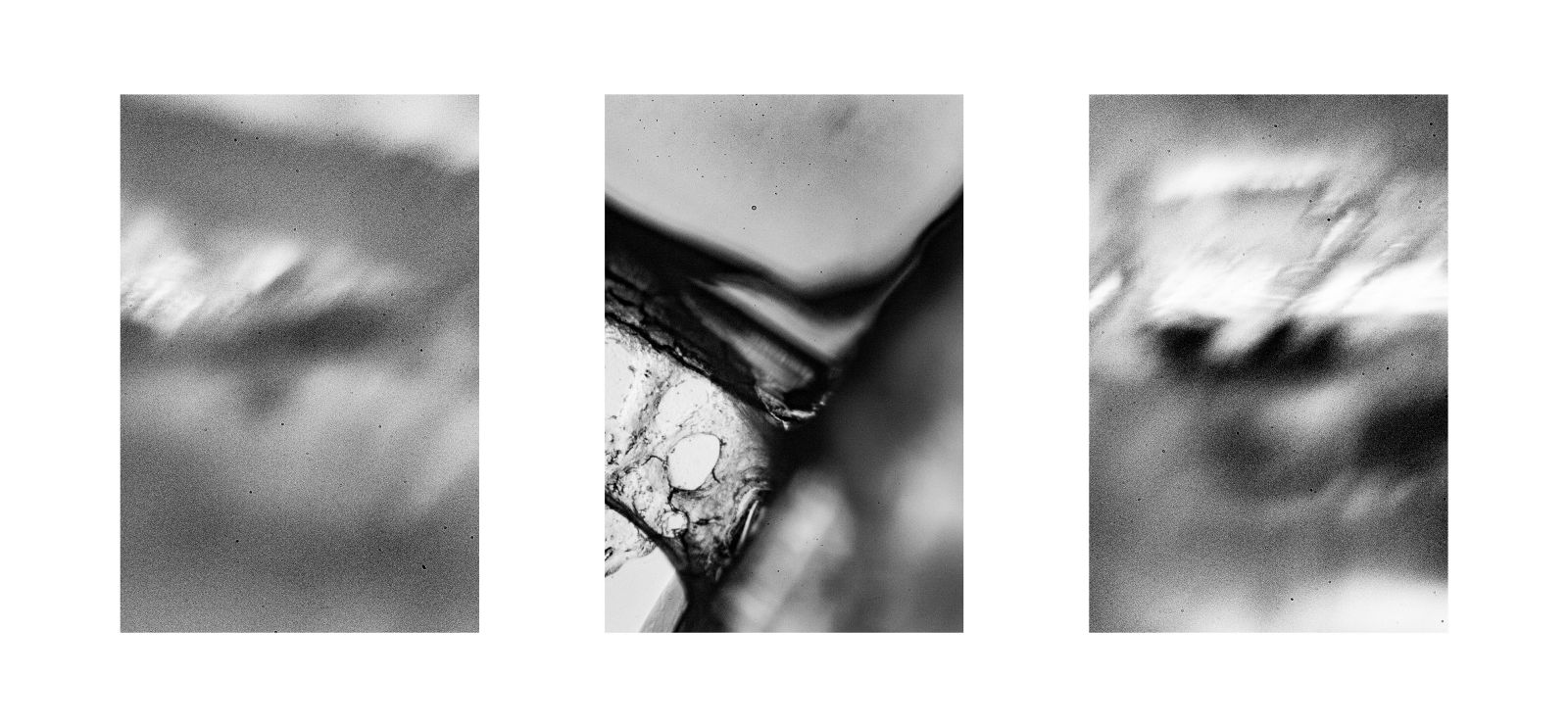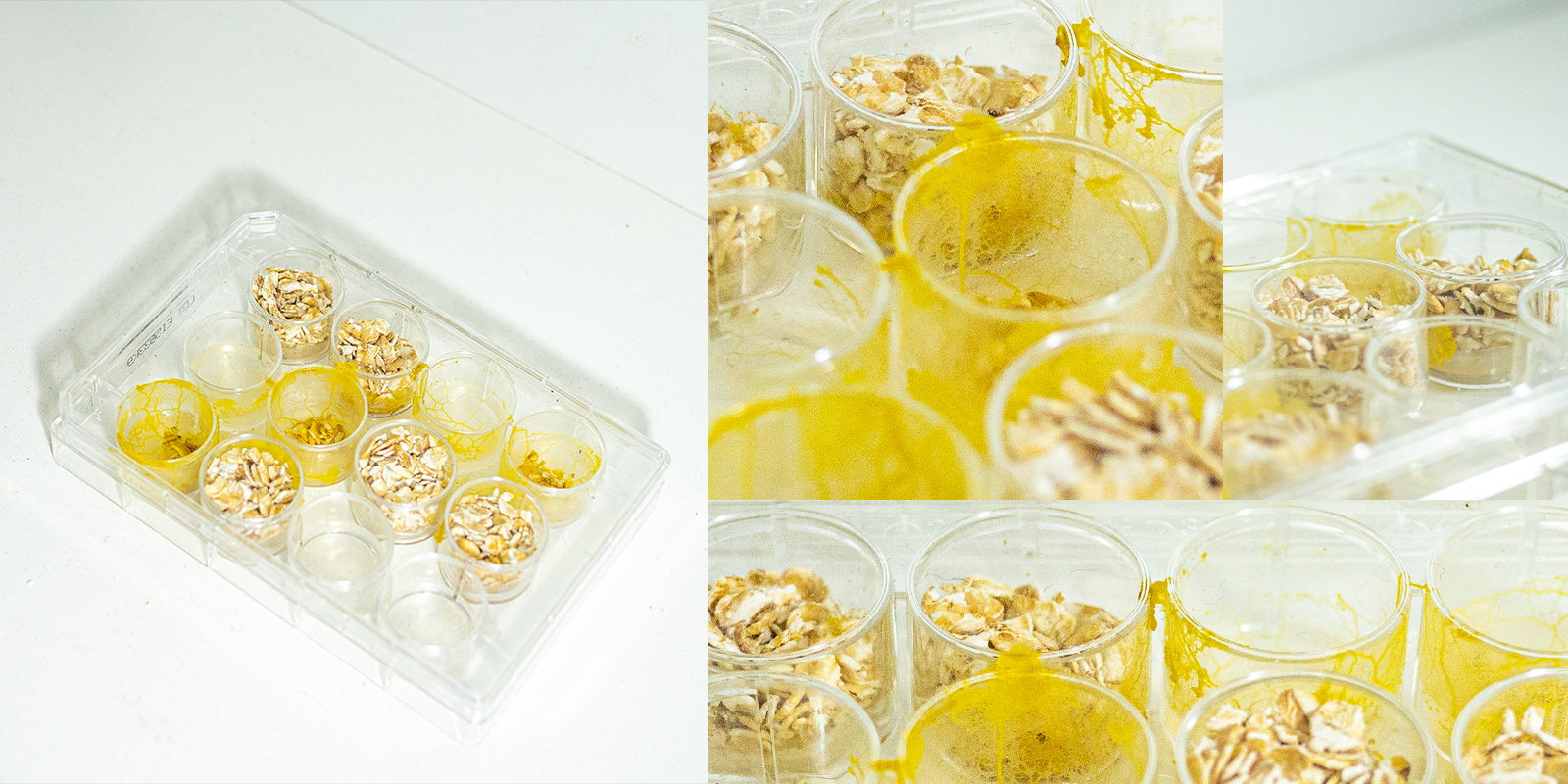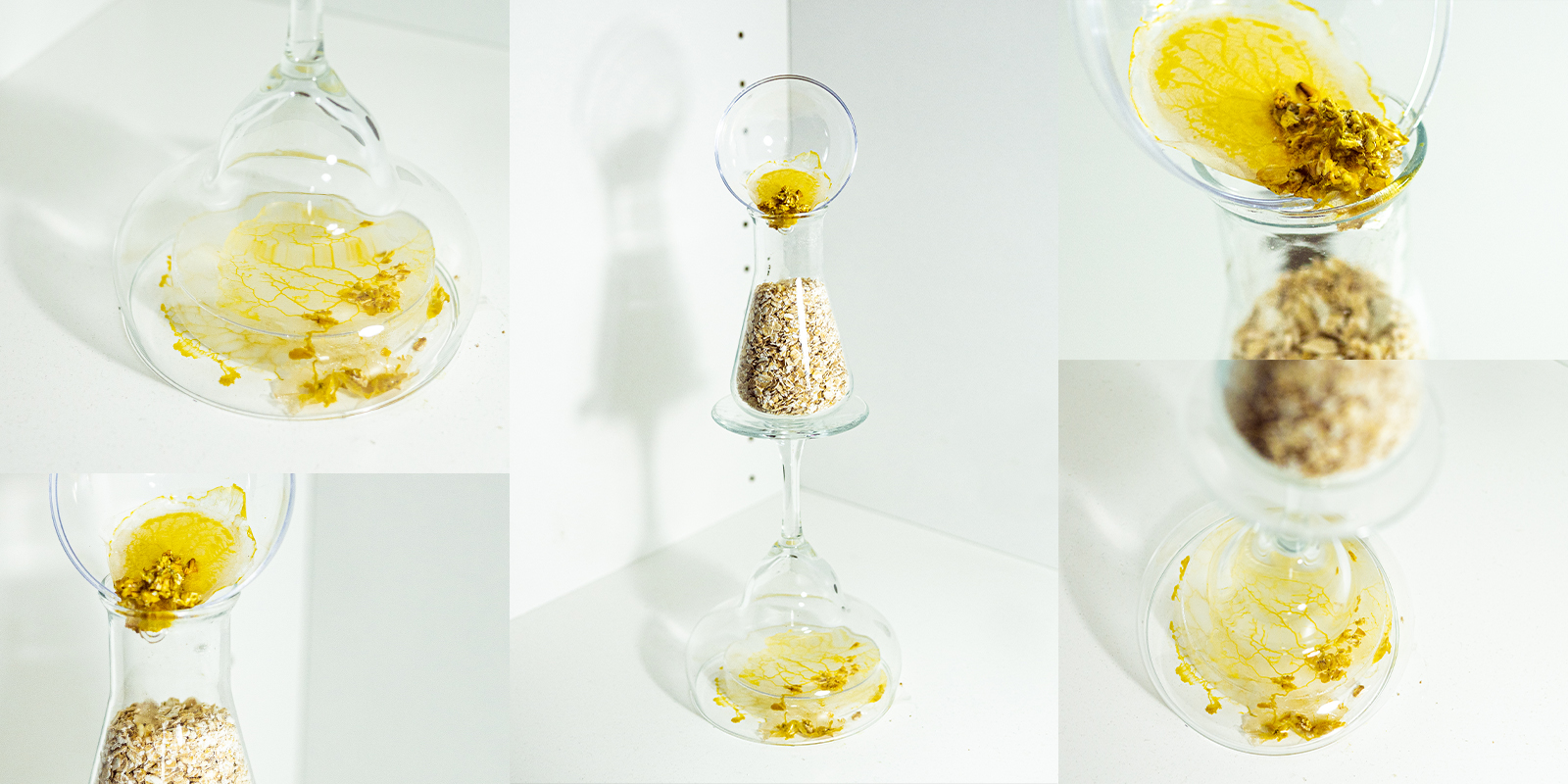SEXx
(Social Expectation of Women)
abstract
The project explores the societal norms and expectations placed on women. Through the use of mixed media such as photography, videos, and a movement workshop, it sheds light on the issue. Taking inspiration from the movement of Physarum Polysephalum, the project showcases the freedom of expression that women are entitled to in all aspects of their lives, including their sexual desires, without compromising their values.
"SEXx (Social Expectation of Women)" is a project that sheds light on the oppressive societal norms that women face. Women are often judged and evaluated based on their behavior and expression of desire, especially when it comes to sex. Terms such as "whore," "slut," and "nymphomaniac" are commonly used to describe women, while men are given more positive labels such as "Romeo," "Casanova," and "womanizer." Through the use of mixed media such as photography, videos, and a movement workshop, the project creates an engaging environment for visitors and participants to experience the hidden issues that women still face in society.
The project takes inspiration from the beautiful living form of Physarum Polysephalum, a highly intelligent unicellular organism capable of finding the shortest path to reach its food source while avoiding harmful environments. The visual movement of slime moulds searching for food not only portrays their freedom of desire for food, but also their power of expression and decisiveness. This inspired me to conduct a deeper exploration into their natural movements and behaviors, including how they move to express their hunger and perform in order to reach their food source. Through this observation, I was struck by the freedom and pleasantness of their movement, which led me to develop a workshop idea that incorporates the concepts of bodies, minds, freedom, and drive.
This project consists of two parts. The first part involves the observation of the Physarum Polysephalum, which resulted in photography and videography work. The second part is a movement workshop that was inspired by the observations made in the first part.
1. The Observation
To comprehend the nature of the Physarum Polysephalum and its means of survival in challenging circumstances, I carried out two experiments in which slime moulds were placed in a controlled and challenging environment that opposes their natural behavior. I observed their movements and patterns as they attempted to reach their food source and documented them through photography, videography, time-lapse and a microscope techniques.
Experiment I: In this experiment, I divided a container with 12 holes, and filled each hole with agar, placing slime moulds and oats separately. Some of the holes were left empty. The slime moulds can sense the food, but they need to find a way to access it through the empty space between the holes.
Results: The slime moulds used small bridges between the holes to reach the oats. Some of them moved downwards to the bottom of the container and climbed up to the holes that were full of oats. Others used the lid of the container as a bridge to reach the food. The empty holes that were not in between the oats and slime moulds were not used in the journey. This means that the slime moulds still chose the shortest paths instead of searching every hole. However, the journey took a bit longer than usual. In the end, the slime moulds took over most of the oat holes and grew very big. They dried out due to the lack of agar. From the observation, I could see their hard work in the journey, and it was inspiring how they creatively managed to find a way to the food in a difficult situation.
Experiment II: I divided two sets of slime moulds lying on an agar layer into different containers: one set had easy access to their food while the other set was in a controlled environment that prohibited them from accessing their food. Both sets were placed together in the same installation designed to project the idea of sexual hierarchy through its position. The aim was not only to observe the results of one set performing their acts of desire easier than the other but also to reflect the image of women who are mostly stuck in controlling conditions at the bottom of our ongoing patriarchal society. I aimed to see the different results of how each set tried to reach their food.
Results: The slime mould in both sets took a longer time than the first experiment to move around. The set at the top, which had easy access to the oats, did not move towards the oats easily. My assumption is that the open environment of the container made the habitat too dry and not easy for slime moulds to live. The other set at the bottom grew faster until they reached the edge of the covering glass. I put some of them outside the glass to see if they could climb up to the oats. However, they stopped moving once the agar became too dry and could not reach the oats. What I learned from this experiment is that even though the desire for food was still there, when the basic factors, such as the habitat, cannot support them, it is impossible for them to even survive.
Conclusion
The struggling pattern that I had expected to see before conducting the experiments was not observed the way I had imagined. Slime moulds are incredibly clever organisms, hence, they were able to find a way to reach the food source even in challenging circumstances. However, this doesn’t mean that the slime moulds in both experiments did not suffer, as the way that the experiments were conducted already affected their nature. Some of them had to go through a difficult journey, and some of them had to face severe living environments. In the end, both groups dried out unnaturally in the containers where I put them.
I was inspired not only by the beauty of the struggles as a way of growing, but also by the decisive desire that drives them to create new possibilities. I collected my thoughts from the observation and combined them with the Gaga dance practices. Through the framework of connecting our bodies, their bodies, and imaginations, experiencing physical sensations, and emptying ourselves to fill in with new sensations, energy, and movements.
I compiled the results from both experiments into a video work that aims to portray the sensation of oppression and the desire to be free.
2. The Movement Workshop
"The movement workshop employed Gaga dance techniques as a tool to help participants open up their bodies and make them available by emptying old sensations, beliefs, and experiences to create new possibilities. Combining the inspiration of the slime mould's patterns and movements, which embody desire, inner drive, courage, and freedom, the workshop aimed to help participants reconnect and reform their relationships between themselves, their inner needs, and the nature.
The first part of the workshop provided a safe space for participants to open up physically and mentally through discussions leading to movement practices that broke down the topic into fragments, allowing participants to gradually let go of their personalities, senses of self, including movements, voices, thoughts, pains, and pasts, and embrace their present state of being without labeling themselves.
The workshop took place on March 25th, 2022, at the DBL (Digital Bauhaus Lab) with two participants: Martin Müller and Lisa Zwinzscher."
Special thanks to:
Martin Müller - Bo Liu - Nicolas Krewer - Cosmo Niklas Schüppel
